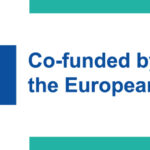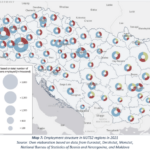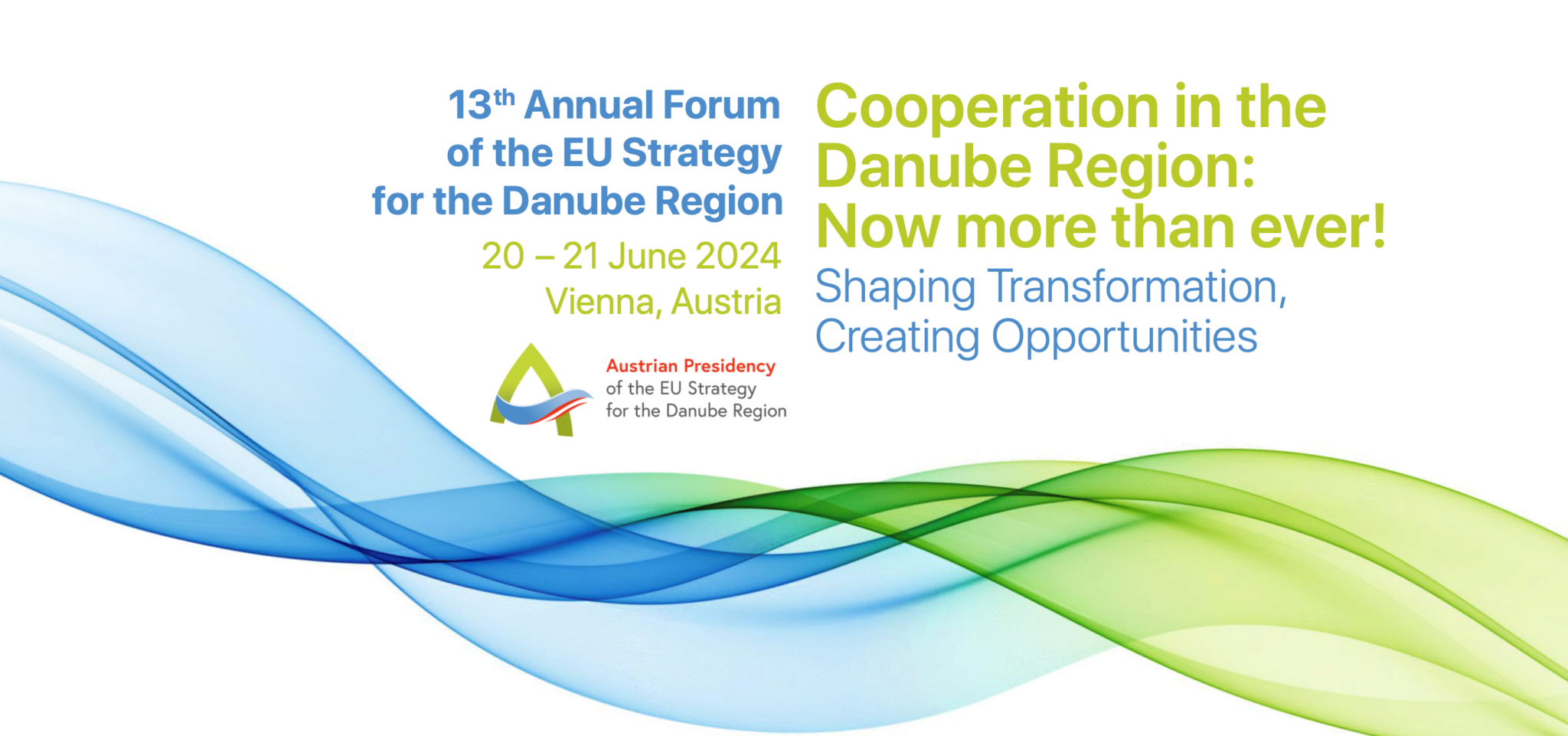The 13th EUSDR Annual Forum took place on 20-21 June in Vienna. The event was actively attended by representatives of the PA2.
ENERGY PANEL
Local low-carbon energy actions have an increasing importance in the clean energy transition; however they are less widespread in the Danube region, especially in its Eastern part. One of the flagship topics of Priority Area 2 ’Sustainable energy’ of the EUSDR is to promote local, citizen-driven energy actions. The aim of the session titled ’How to accelerate community-led green energy initiatives in the EUSDR’ was to discuss various technical and socio-economic aspects of creating appropriate conditions for renewable energy communities in the Danube Region and how to raise awareness of the benefits of such initiatives by sharing experiences and good examples from the region.
Two projects were presented as impulse lectures, the European Energy Award along the Danube project by Simone Burster from Danube Office Ulm, and the Just Energy Transition for Central Europe project by Andrej Slancik from the Slovak Innovation and Energy Agency.
Based on these presentations and the following discussion moderated by Irina Apostol Danube Youth Council member and Zoltán Haász, leader of the NRGCom project, the participants identified several key challenges and opportunities for the development of energy communities.
The main hindering factor is the unclear legislative environment that should be updated and unified along the region to support the creation and functioning of energy communities. Regulatory authorities should be prepared for the new conditions. Other main challenges are the lack of appropriate funding sources (especially to cover investment costs) and motivation and the unclear market conditions such as the question of pricing and the settlement with the grid provider.
However, there are several opportunities that should be exploited such as to identify available existing funding programs, to educate the public and raise awareness, to establish cooperation with the grid provider, to present good practices, to take advantage of the new technologies, to use investment subsidies and to motivate citizens with lower energy bills.
The current energy crisis can be considered both a challenge and an opportunity. It is obviously a huge challenge for the whole region, but at the same time it will force us to support alternative solutions to speed up the green energy transition and one of these solutions is the creation of energy communities.

WORLD CAFÉ – CLIMATE CHANGE
Climate change is one of the main and most complex issues of our times that needs to be tackled on every level and it requires close cooperation in every possible way. At the world café discussion Priority Area 2 ‘Sustainable energy’ and Priority Area 5 ‘Environmental risks’ hosted together a discussion about what do we need for a more climate resilient region.
The discussion attracted a wide range of stakeholders and all of them agreed that the most important future frameworks are the EU policies. Political will is indispensable to tackle the impacts of climate change, to mitigate its consequences and prevent further damages. The EU has some new and promising initiatives such as the Mission on Adaptation to Climate Change and the ESG (Environmental, Social and Governance) regulations. At the same time, we shouldn’t forget that there are non-EU countries in the region as well that are not obliged by the EU regulations, they also need clear guidelines. Green bonds are also a good way to support the clean energy transition of the region.
The most important future stakeholders and instruments are the financial sources and authorities. Every possible financial source should be taken into consideration, not just the traditional funding programs, but also alternative solutions such as market funding and crowd funding. Legislation must follow and support the regions, cities, communities in their efforts to fight against the impacts of climate change.
At the same time we shouldn’t forget that the involvement of citizens is also a key element to make a difference, it should be a first step to take. Education and motivation of the public is of utmost importance, and for that we need clear messages, understandable and available research, good examples, right communication channels, appropriate incentive and available fundings. The participants also highlighted that the most promising nature based solutions must be chosen.





